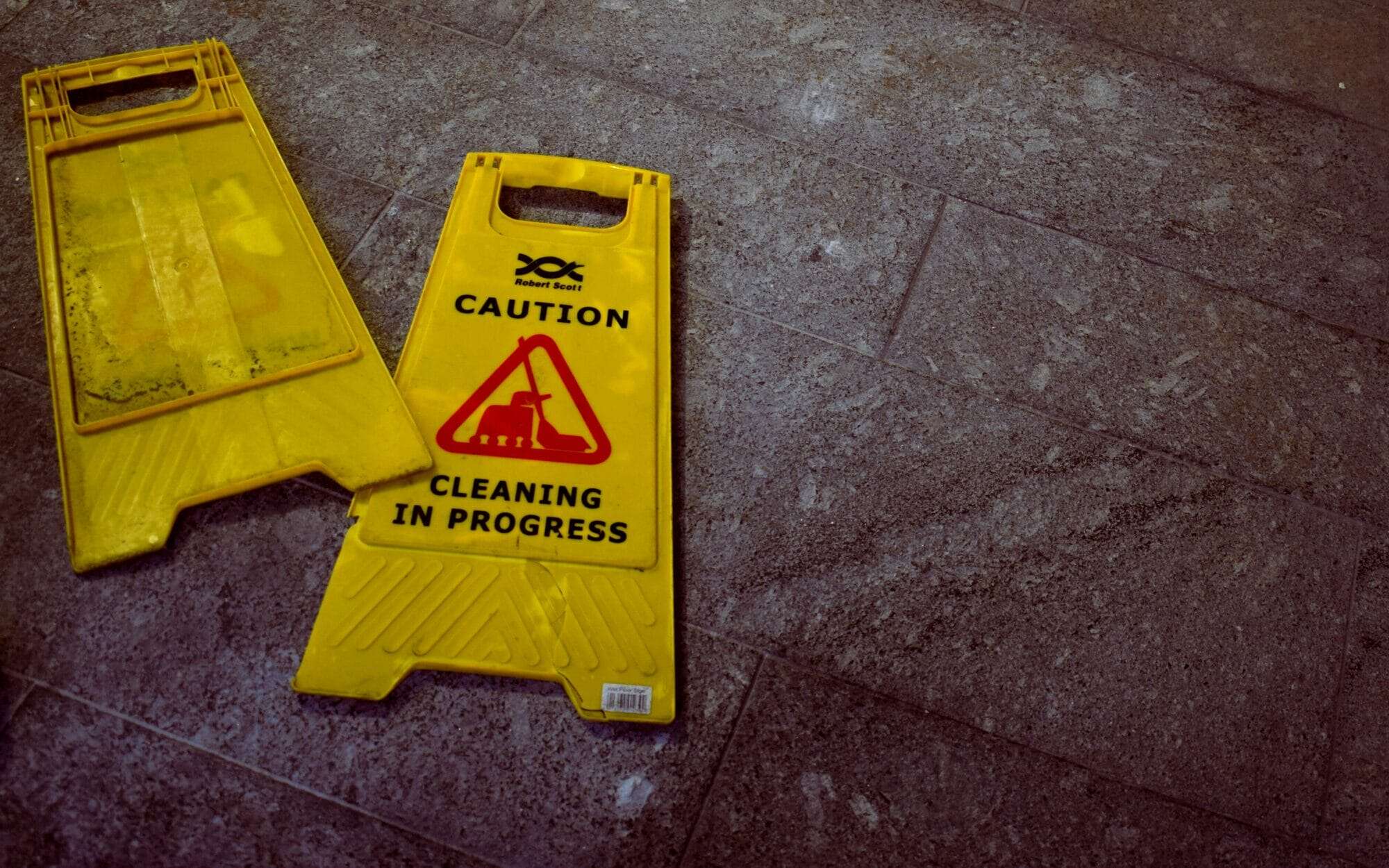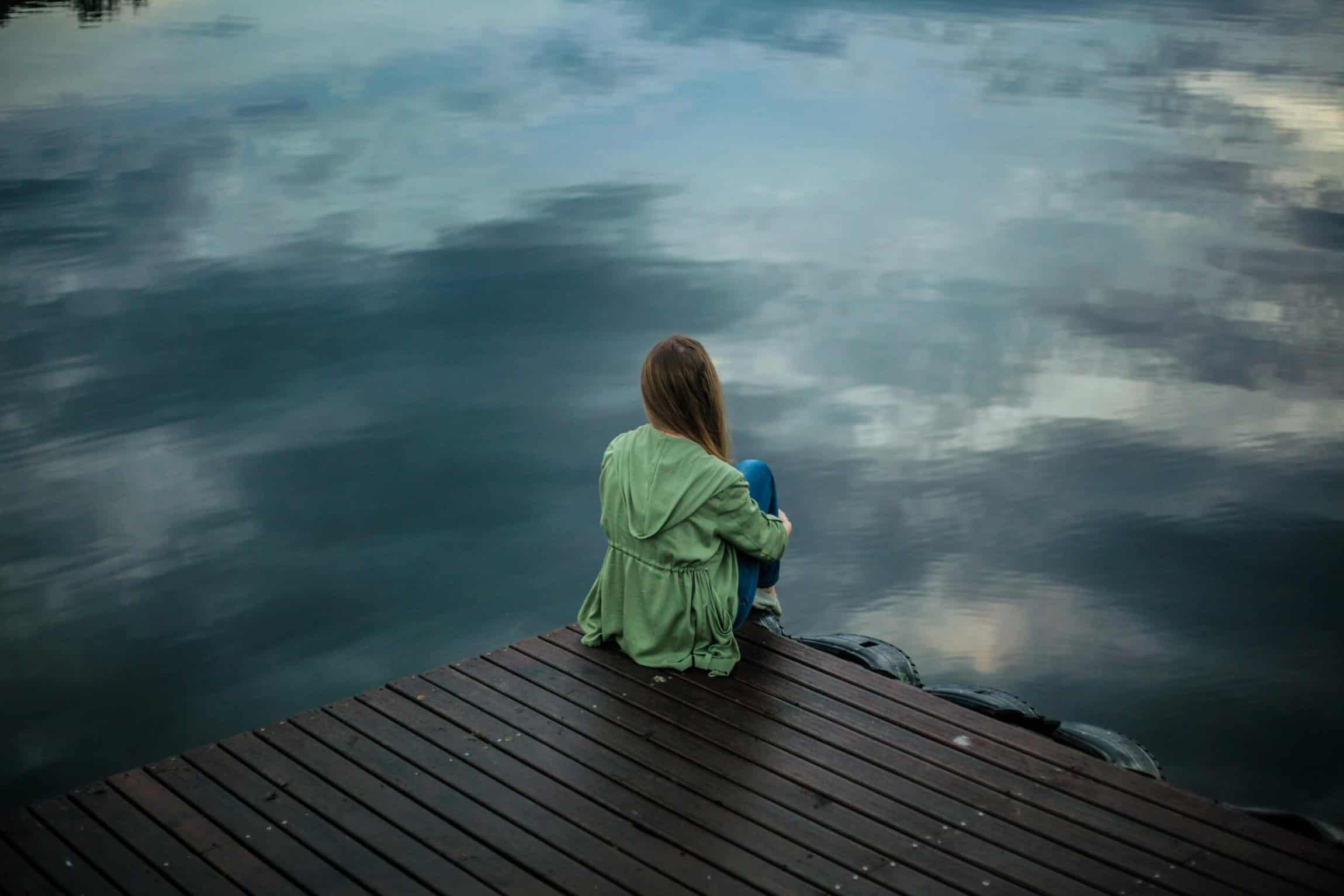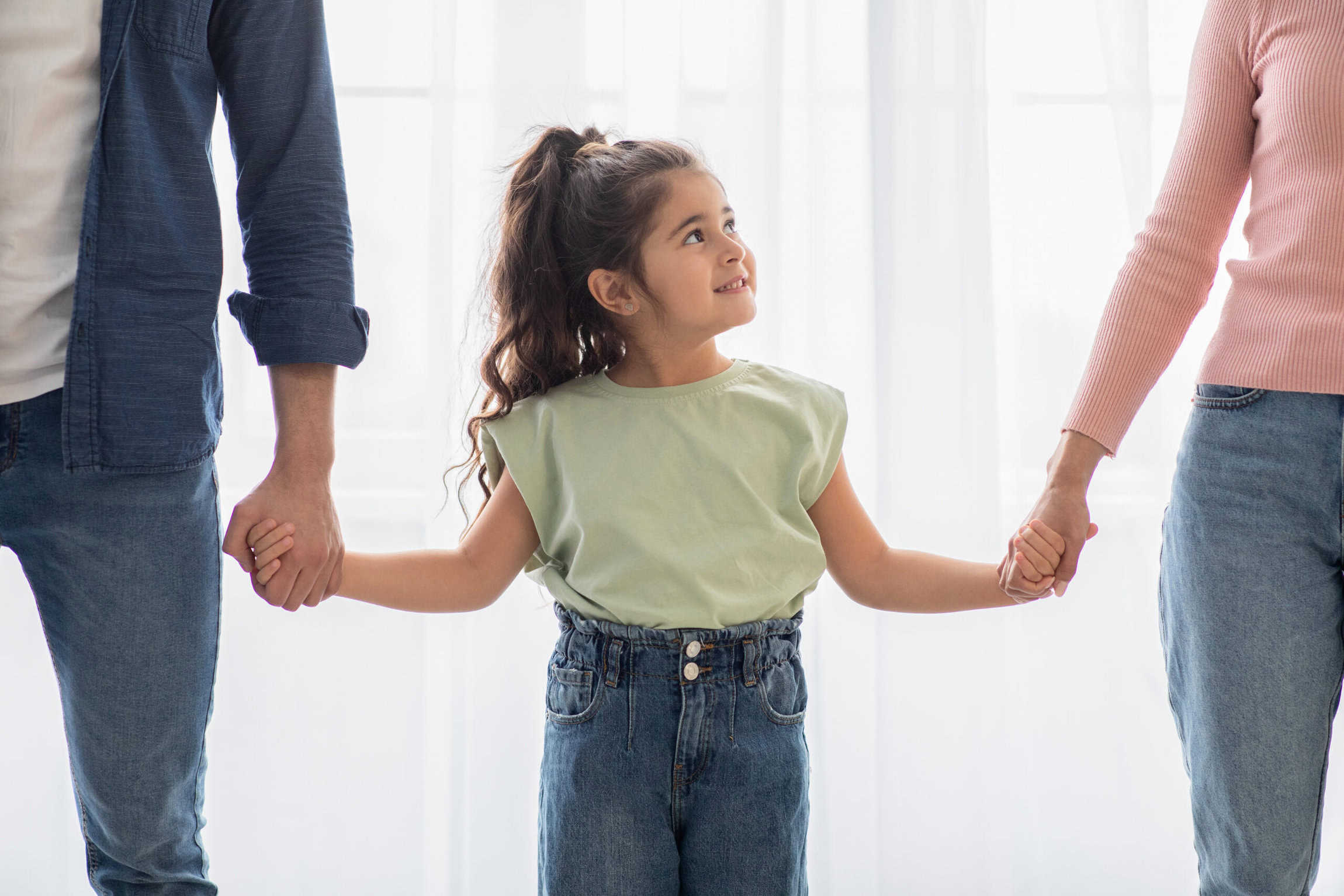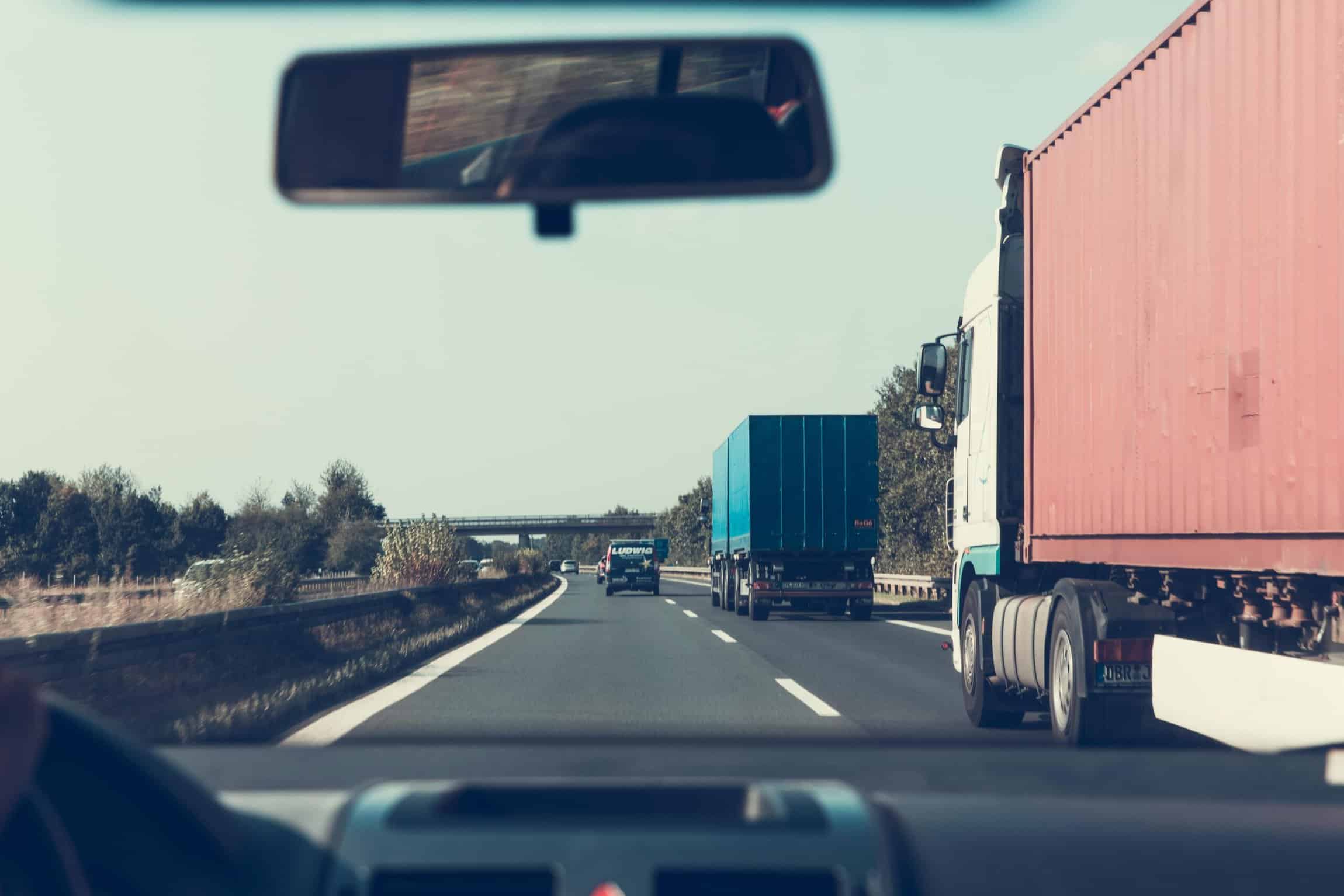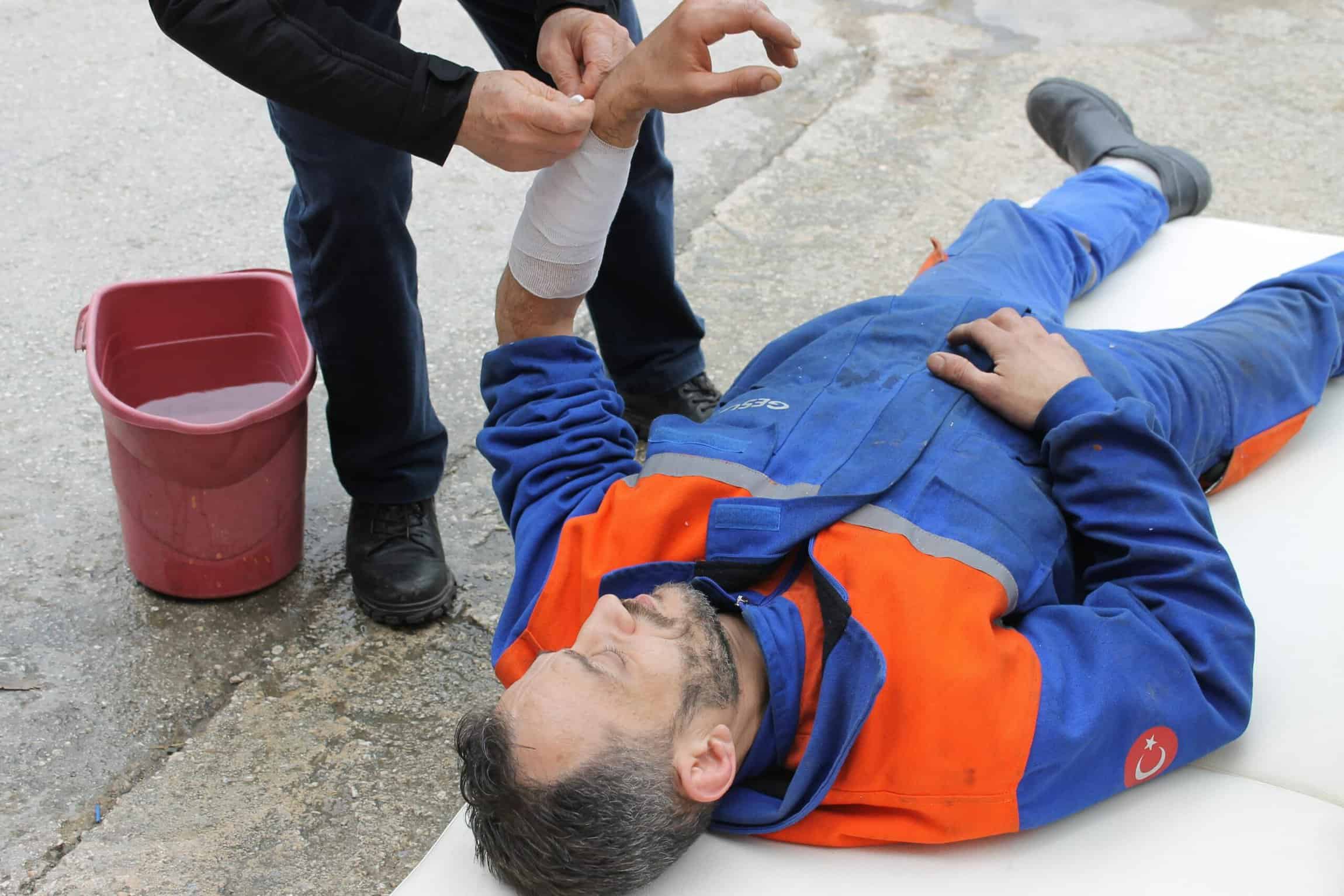According to a recent study, over 8 million emergency room visits can be traced back to slips, trips, and falls each year. While some of these accidents can be attributed to poor luck or misfortune, it’s important to note that in some scenarios, injured parties may be able to claim compensation.
For example, you may be able to put forward a premises liability claim if you were injured on another person’s property due to “dangerous” conditions or hazards that were not adequately addressed or mitigated.
A Slip and Fall claim is a specific type of premise liability claim for those who have fallen and sustained injuries on another person’s property.
However, when making a slip-and-fall or premise liability claim, it is essential to note that there are many pitfalls you must avoid to ensure your success.
Common Causes of Slip and Fall Accidents
The most common causes of slip and fall accidents are:
- Wet or slippery floors. It is estimated that around 90% of slips, trips and falls are caused by wet or slippery floors.
- Uneven surfaces or pavement. Uneven surfaces or pavements can also cause individuals to slip, resulting in injury.
- Poor lighting. Poor or faulty lighting is another key cause of slip-and-fall accidents because it makes it harder for individuals to see where they are going.
- Uncovered manholes or maintenance covers. Failure to replace or secure the covering of a deliberate hole in the ground (i.e., manhole, utility hole, drain cover, etc…) are another common cause injuries because people don’t expect them to be uncovered.
- Debris or objects obstructing pathways. Debris or objects cluttering/obstructing pathways could also leave passersby vulnerable to falling or slipping.
Legal Principles of Premises Liability
Many different legal principles come into play when making a premise liability or slip-and-fall claim.
Duty of care owed by property owners or occupiers
Property owners have a “duty of care” over those who enter their property (visitors). While the responsibilities associated with this vary, it typically means that they must maintain a safe and hazard-free environment. Failing to do so could mean they are liable in premise liability or slip-and-fall cases.
Types of visitors and their legal protections
The “duty of care” that a property owner owes to a visitor varies depending on what type of visitor they are. They tend to be divided into three categories:
- Invitee. A person who enters a property for business-related purposes. The property owner owes them the highest duty of care.
- Licensee. A person who enters a property for non-business related purposes, such as a friend visiting another friend’s house. While some effort should be made to protect their safety, they are not owed the same duty of care as an invitee.
- Trespasser. A person who enters a property without permission. Property owners do not typically owe this individual any duty of care.
Factors determining liability
There are also many different factors at play when it comes to determining whether or not the property owner is liable for the incident that took place. This includes:
- Foreseeability. Could the property owner reasonably predict or foresee an accident due to the current condition of their property?
- Notice. Was the owner aware, or should they have known, of the condition of their property?
- Reasonable Care. Did the property owner attempt to rectify the issue by removing hazards or warning others about the hazards on-site?
Pitfalls to Avoid in Slip and Fall Claims
There are many pitfalls that plaintiffs must avoid when submitting a slip-and-fall claim. This includes:
- Delay in reporting the incident to the property owner or occupying business, always report the accident immediately
- Failure to seek immediate medical attention
- Lack of evidence to support the claim (i.e., photographs, accident reports, names of employees you spoke with when reporting the accident, etc…)
- Communicating with insurance adjusters without legal representation
Delay in reporting the incident
While a delay in reporting the incident does not mean that you cannot make a claim at a later date, it could make the process more difficult. This is because it could bring the legitimacy of what you are saying into question, especially if there is no formal record of the incident.
Failure to seek immediate medical attention
If you do not seek immediate medical attention after your accident, this leaves room for the property owner to dismiss the severity of your injuries and, as a result, could lower the amount of money you receive.
Lack of evidence to support the claim
The less evidence you have when submitting a claim, the lower your chances of receiving the money you deserve. As such, you should gather as much evidence as possible (i.e., photographs, incident reports completed at the time of the accident, police/ambulance reports, names of employees reported the accident to, eyewitness contact information and statements, medical records, etc…)
Communicating with insurance adjusters without legal representation
An insurance adjuster works to protect the best interest of the property owner, not the claimant. The insurance adjuster will likely want to take a recorded statement where they ask you questions in a manner to say things against your interest in the case. As a result, speaking to them directly without legal counsel could severely damage your ability to receive fair compensation for the injury you suffered.
Importance of Legal Representation
As outlined above, many benefits are associated with seeking legal representation before making a premises liability claim. After all, an experienced premises liability attorney can guide you through every step of the process, ensuring your best interests are protected.
For example, they will help you build a strong case by gathering evidence on your behalf while also offering you consistent support throughout the entire claims process.
Steps to Take After a Slip and Fall Accident
Following a slip-and-fall accident, you should:
- Report the incident to the property owner or manager.
- Document the scene and gather evidence (photographs, eyewitness accounts, etc.)
- Seek medical attention promptly, ensuring your well-being is your priority.
- Reach out to a premises liability attorney.
Work With an Experienced Personal Injury Attorney in Richmond, VA, for Your Slip and Fall Case
In short, there are many pitfalls you should work to avoid when filing a slip-and-fall claim.
While this may seem daunting, you must work to protect your rights. If you have been injured and were not at fault, you deserve to receive compensation and the lawyers at Renfro and Renfro are here to help!
Work with experienced personal injury lawyers in Richmond, VA. To book a free consultation, contact us to get started.

